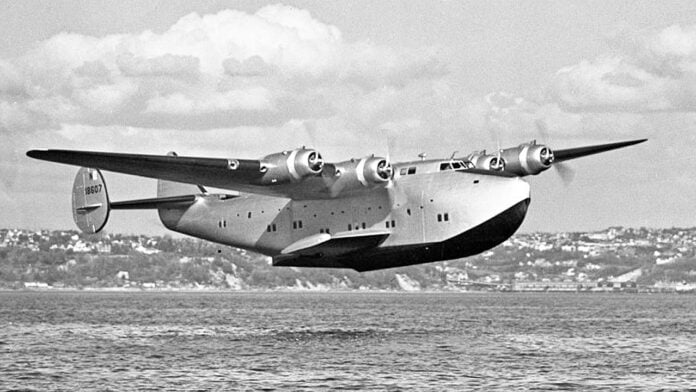Intrigue. Duplicity. Bribery. Portugal had it all during WWII. Not only was it a neutral dictatorship threading the needle between Hitler and Churchill and the last stop for many looking to leave Europe, but it was also crawling with double agents and played a double agent itself between the Allied and Axis powers. Here are 15 surprising facts about Portugal during World War II that you likely didn’t know.
1. Lisbon became Europe’s “last open port” and the numbers are bigger than many realize.
As the Nazis sealed off borders, Lisbon became the exit point of choice for desperate refugees. Historians estimate that hundreds of thousands of people (both Jews and non-Jews) transited through Portugal during the war with approximately 60,000–80,000 Jewish refugees among them. Relief agencies operated from Lisbon, and the city’s docks, ticket offices, and hotels were crowded with people waiting for ships or rare transatlantic flights.
The human drama behind these statistics is staggering: famous artists and writers passed through, as did ordinary families with nothing but a transit visa and a lot of hope. Archival projects and exhibits continue to document Lisbon’s role as a lifeline during one of the most difficult periods in modern history.
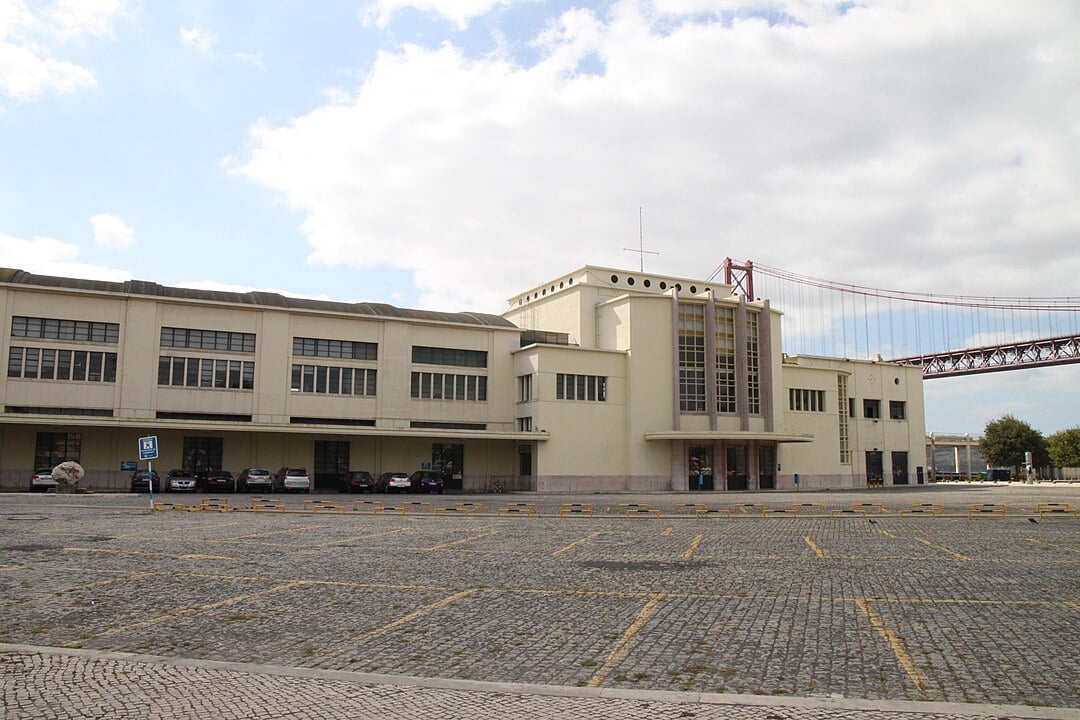
2. Portugal exported wolfram during the WWII and demand for it was so intense that it reshaped Portugal’s economy and then was shut off almost overnight.
Wolfram, now commonly known as tungsten, is a dense, heavy metal with an extremely high melting point. It’s one of the hardest elements in nature, which makes it invaluable for hardening steel, especially for armor-piercing shells and tank parts. During WWII, it was as strategically important as oil because whoever controlled tungsten production could give their weapons a decisive edge.
Portugal was one of the world’s top sources of wolfram, especially in the northern regions of Trás-os-Montes, Beira Alta, and Minho, as well as in parts of central Portugal. Mines like those in Panasqueira became legendary and produced ore of such high quality that both the Allies and the Axis were desperate to buy it.
The wolfram trade turned into what locals still remember as the “fevre do volfrâmio” (“wolfram fever”), a chaotic gold-rush-style boom. Farmers abandoned fields, people dug in their backyards, and rural villages saw sudden wealth pour in. By 1943, tens of thousands were involved in mining or black-market trading, and the price of wolfram skyrocketed.
Neutral Portugal sold to both sides, but Germany relied on Portuguese tungsten far more than Britain or the U.S. That made it a pressure point in Allied economic strategy. Under heavy diplomatic (and economic) pressure, Prime Minister Salazar finally banned wolfram exports to the Axis powers in June 1944. The ban was a quiet but decisive blow to Germany’s war industry, and just as suddenly, the fever broke, leaving many mining towns in economic free-fall.
3. Portugal took Nazi gold as payment (mostly for wolfram) yet later argued it hadn’t known its origins!
Portugal’s most controversial wartime role revolves around gold. Throughout the conflict, the Salazar regime sold wolfram (tungsten), cork, and other goods to Germany. Payments often came in gold. Some of this was laundered via Switzerland and some directly from the Reichsbank. Scholarly estimates put Portugal’s net receipts at no less than 123.8 tons of gold from Germany during the war (about $139.9 million at the time).
Post-war scrutiny led to the Tripartite Gold Commission and U.S. investigations into “Nazi gold.” A U.S. State Department report decades later summarized Portugal’s position: Lisbon maintained it did not knowingly handle gold looted from Holocaust victims and thus did not owe reparations, an assessment echoed by a Portuguese inquiry in the late 1990s. The controversy remains a moral gray zone: the gold almost certainly included looted bars, but proving it is another matter entirely.
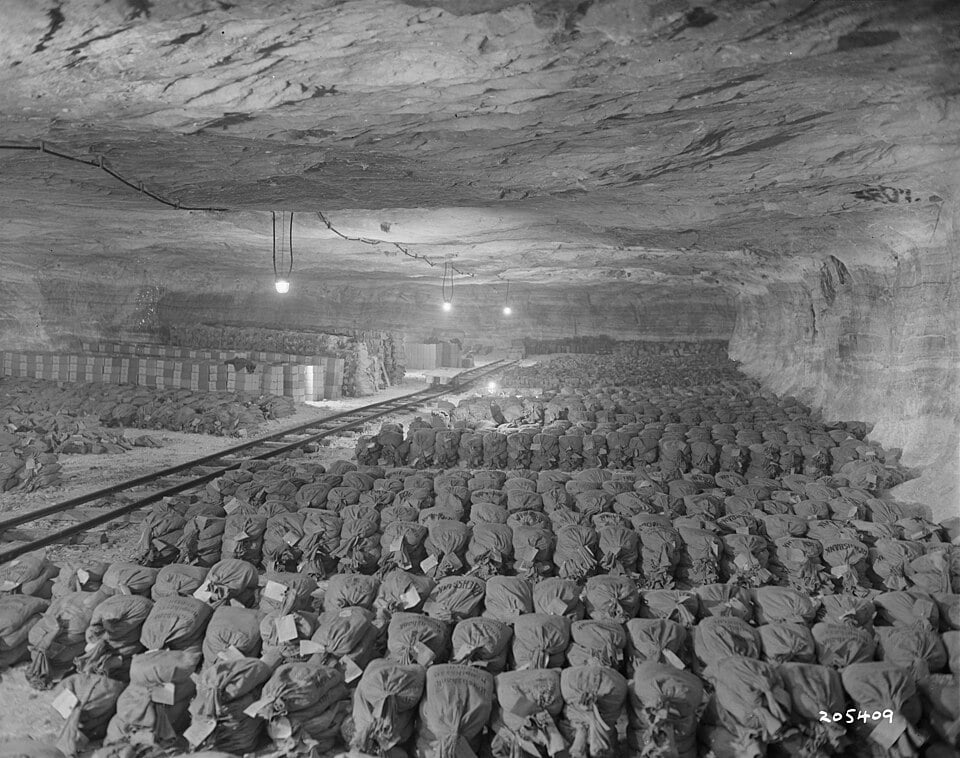
4. One Portuguese diplomat defied orders and issued a documented 1,575 visas in a single week to people trapped by the advance of German forces.
Aristides de Sousa Mendes, the Portuguese diplomat in Bordeaux, disobeyed Lisbon’s restrictive “Circular 14” and, in June 1940, issued visas at a breakneck pace to people trapped by the German advance. Yad Vashem’s archival study documented 1,575 visas between June 15–22, 1940. The total number he facilitated is widely described as “thousands,” although exact counts vary because multiple cities were involved and records are incomplete. Sousa Mendes paid dearly when he was punished by Salazar upon returning to Portugal, but he saved lives and is now honored as one of Portugal’s most notable people.
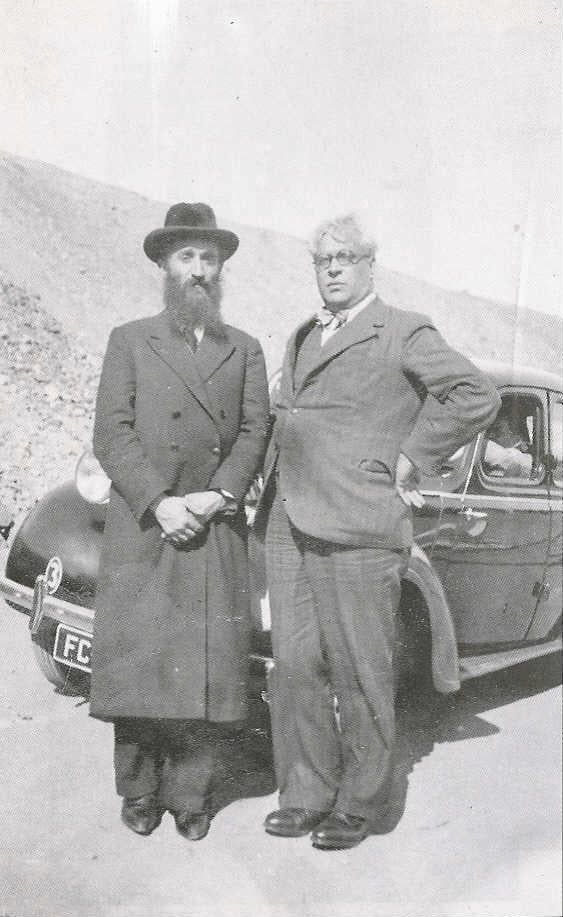
5. Portuguese diplomats in Budapest helped save around 1,000 Hungarian Jews in 1944.
Less known than Sousa Mendes are Ambassador Carlos Sampaio Garrido and Chargé d’Affaires Carlos de Liz-Teixeira Branquinho. With Lisbon’s knowledge, they issued protective documents and sheltered families during the Holocaust in Hungary. Multiple sources credit their actions with saving on the order of 1,000 lives, a courageous operation that relied on Portuguese passports and safe houses at the height of deportations from Budapest.
6. The Anglo-Portuguese Alliance dating to the 14th century suddenly became incredibly important again.
Portugal’s alliance with England (later Britain) is often called the oldest still-active alliance in the world. In August 1943, Salazar agreed to lease bases in the Azores to Britain, which marked a quiet but pivotal turn that closed the mid-Atlantic gap in convoy coverage and helped slash U-boat successes. In a dramatic October 12, 1943 speech, Churchill told Parliament he had invoked the old alliance, which surprised MPs who barely remembered it. The United States received its own Azores agreement the following year.
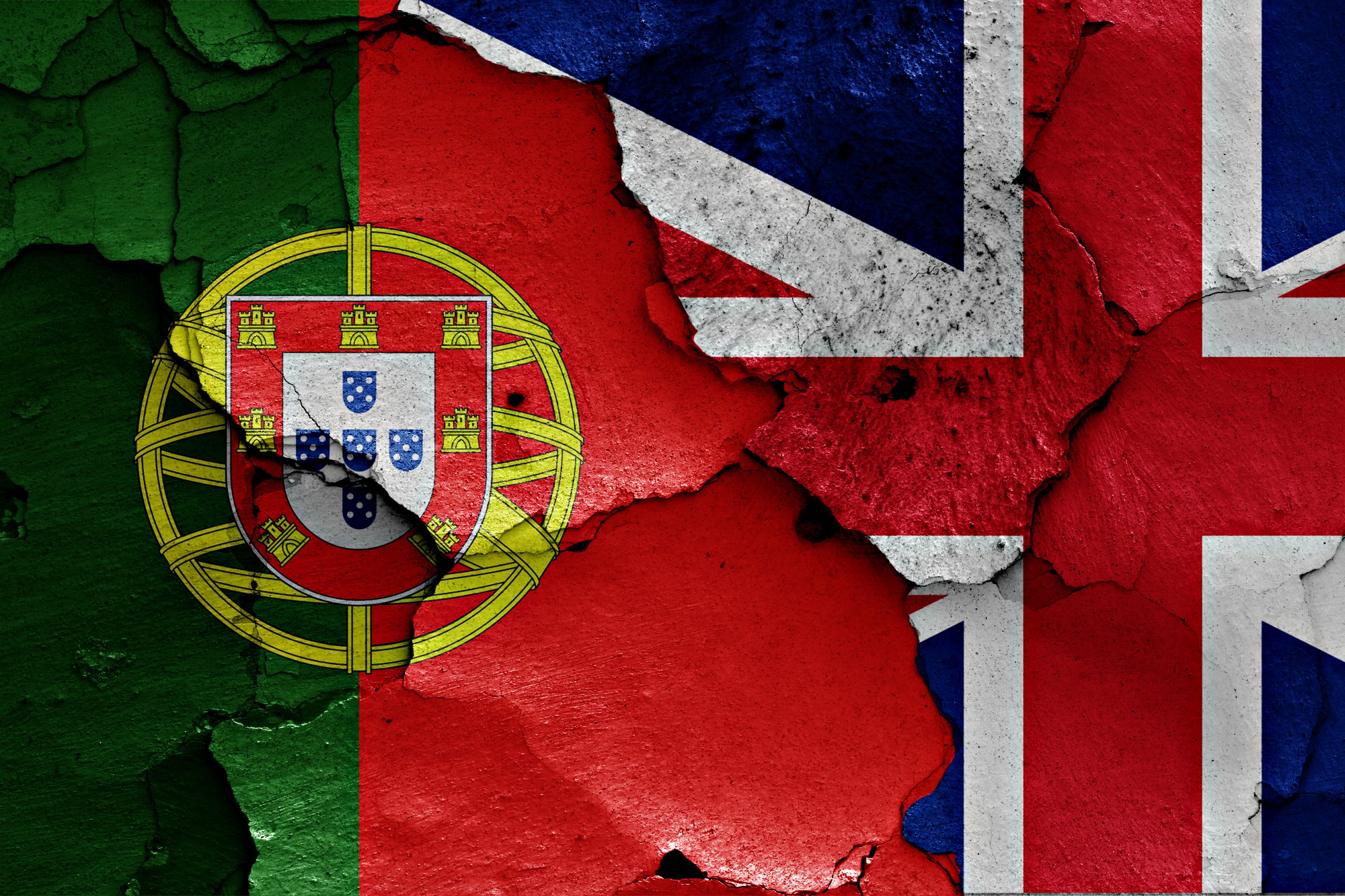
7. The Japanese invaded Portuguese Timor after Allied troops occupied Portugal’s neutral territory first.
While Portugal was officially neutral, the war still reached its empire. After the Pacific War began, Australian and Dutch forces landed in Portuguese Timor in December 1941 and preemptively occupied a neutral colony. Portugal protested. On February 19–20, 1942, Japan invaded and occupied the island. Fighting and reprisals devastated the local population. Estimates suggest tens of thousands of Timorese civilians died under occupation.
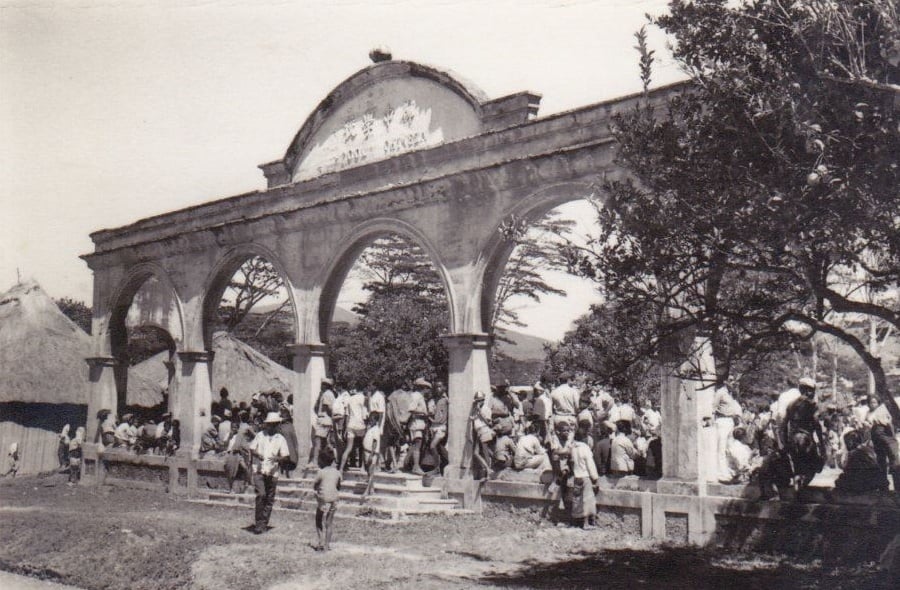
8. Lisbon was such a spy capital that it ultimately provided the inspiration for James Bond.
Neutral Portugal, cosmopolitan Lisbon, and the resort town of Estoril swarmed with agents from every side. MI6’s station chief worked the city; German Abwehr officers lounged at hotel bars, and double agents whispered secrets over cocktails. In 1941, British naval intelligence officer Ian Fleming spied Serbian double agent Duško Popov in Estoril’s casino. Writers and Bond historians have long linked that scene to the opening of Casino Royale. You can still have a drink at Bar Estoril in the Palácio Estoril Hotel today.
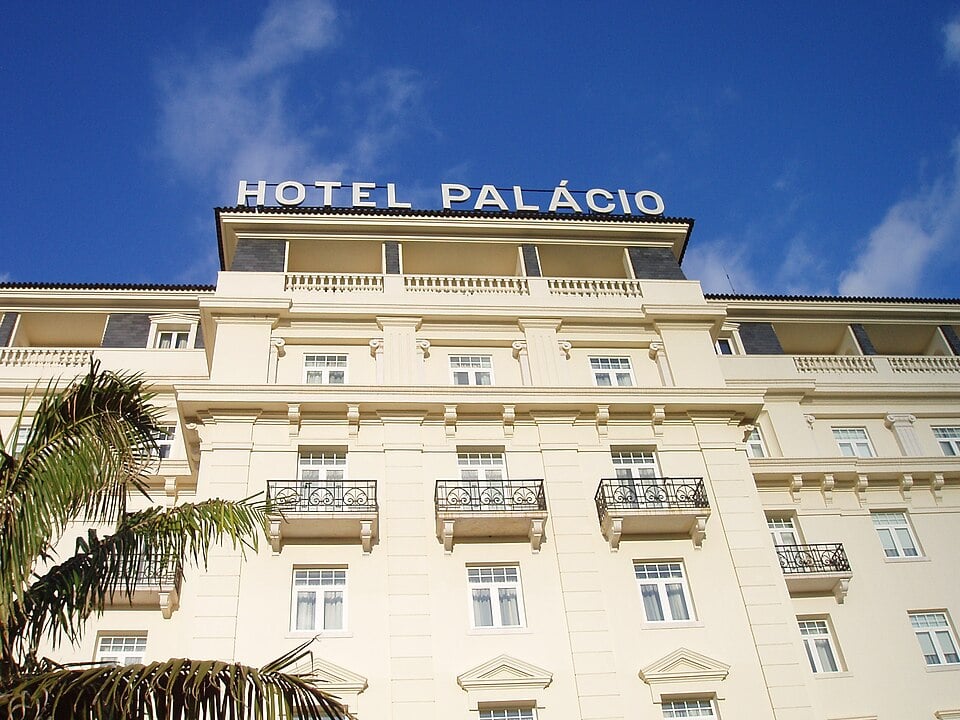
9. During part of WWII, the only regular air route from the U.S. to continental Europe that remained open ran through Lisbon.
Once war closed most European air routes, Pan Am’s Boeing 314 Clippers kept flying to Lisbon. This made it the only point of regular air connection between the United States and Europe for much of the conflict. The flights carried diplomats, refugees, and mail. The “Yankee Clipper” tragically crashed on approach to the Tagus River on February 22, 1943 and killed 24 of 39 aboard.
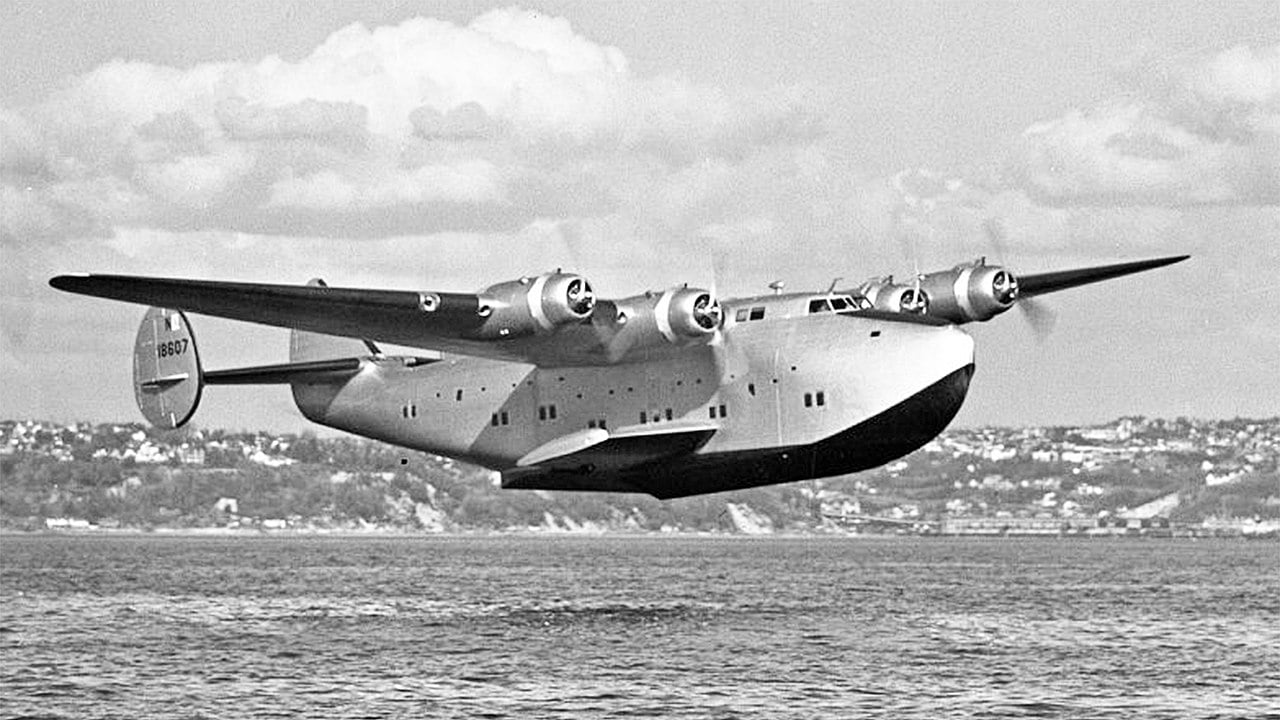
10. Portugal sheltered evacuees from Gibraltar on the island of Madeira.
When Britain fortified Gibraltar in 1940, most civilians were evacuated. While many endured the Blitz in London, about 2,000 Gibraltarians were sent to Madeira, where they lived for years. Some did not return until 1943 or later. The episode forged lasting ties between Gibraltar and Portugal’s Atlantic archipelago; documentaries and commemorations keep the memory alive.
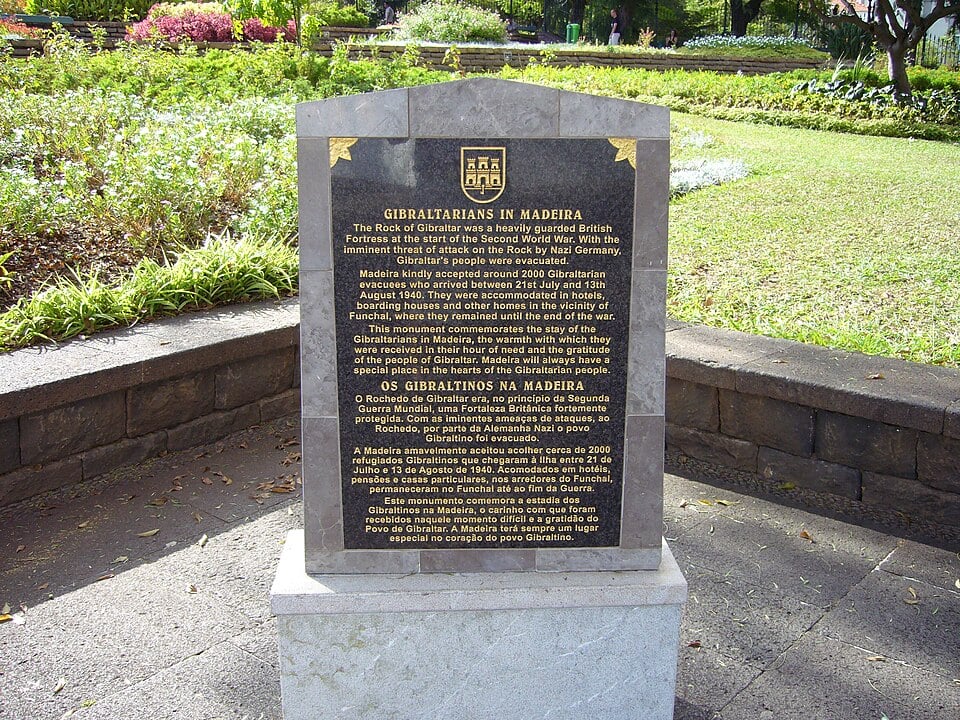
11. Flags were flown at half-mast in Portugal when Hitler died.
António de Oliveira Salazar insisted on legal neutrality, which included trade with both sides (until 1944), strict internal control, and cautious diplomacy. That stance yielded moments that look bizarre in hindsight including ordering flags to fly at half-mast upon Hitler’s death as a protocol gesture. The same regime, however, let Britain and then the United States use the Azores and tolerated (and sometimes enabled) rescue work by Portuguese diplomats. History is messy, and so is Portugal’s wartime record.
12. Portugal’s Jewish community and Lisbon’s charities helped assist refugees and organize logistics.
Lisbon’s Jewish community, led for decades by Moisés Bensabat Amzalak, worked with Portuguese authorities and international relief groups to assist refugees, secure permissions, and organize logistics including the relocation of major Jewish aid offices to Lisbon in June 1940. Although we’ve just learned that Portugal flew flags at half-mast upon Hitler’s death, we can also see the great efforts that neutral Portugal went to quietly, and sometimes decisively, to help the victims of Hitler’s policies.
13. Portugal’s wartime economy skyrocketed and then crashed due to famine and embargoes.
Between 1940 and 1944, Portugal’s real GDP surged by 19% to 30%. This was largely thanks to the booming wolfram exports to both Axis and Allied powers. That trade generated a historic trade surplus in 1942. However, this fragile prosperity collapsed in 1944–45, triggered by a devastating drought (the longest on record), international pressure leading to the embargo of wolfram exports, and the rationing of goods including key staples like cod, sugar, soap, and fuel. The combination ushered in one of Portugal’s worst post‑war recessions.
14. Portugal lent a substantial credit to Britain which left a massive debt after the war.
During WWII, while officially neutral, Portugal maintained its centuries-old ties with Britain. In addition to trade, it extended generous credit to the UK, so much so that, by 1945, Britain owed Portugal around £322 million. This massive debt underscores how neutrality didn’t necessarily mean disinterest. It also meant strategic support, even if indirectly.
15. Portugal’s neutral status made it a hub for wartime smuggling for everything from diamonds to penicillin.
Portugal’s open ports and relatively porous borders turned it into a prime location for moving contraband during the war. Smugglers and black-market operators dealt not just in wolfram, but in diamonds from Africa, luxury goods from neutral Spain, life-saving medicines like penicillin (unavailable in most of occupied Europe), and even art confiscated from Jewish families. Lisbon and Porto became undercover marketplaces where Allied and Axis agents sometimes shopped side-by-side and used neutral territory to buy, sell, or move goods under the radar. The trade was technically illegal under wartime controls, but the profits were massive, and the mix of diplomatic immunity, corruption, and political balancing made enforcement patchy at best. In some cases, these unofficial channels meant that scarce medical supplies and critical materials found their way to resistance groups across Europe.
Why This All Still Matters
As we can now see, Portugal’s wartime record doesn’t fit neatly into one box. The country protected its sovereignty, profited from trade with the Axis powers, and crucially helped Allied victory by opening the Azores. Lisbon saved lives as a port of last resort, yet Lisbon’s central bank accepted gold that, in part, had horrific origins. Individual Portuguese diplomats broke rules to rescue strangers while others enforced those rules. Neutrality, in practice, was a tightrope over a churning ocean in a small Atlantic nation whose geography and politics made it unavoidable.

